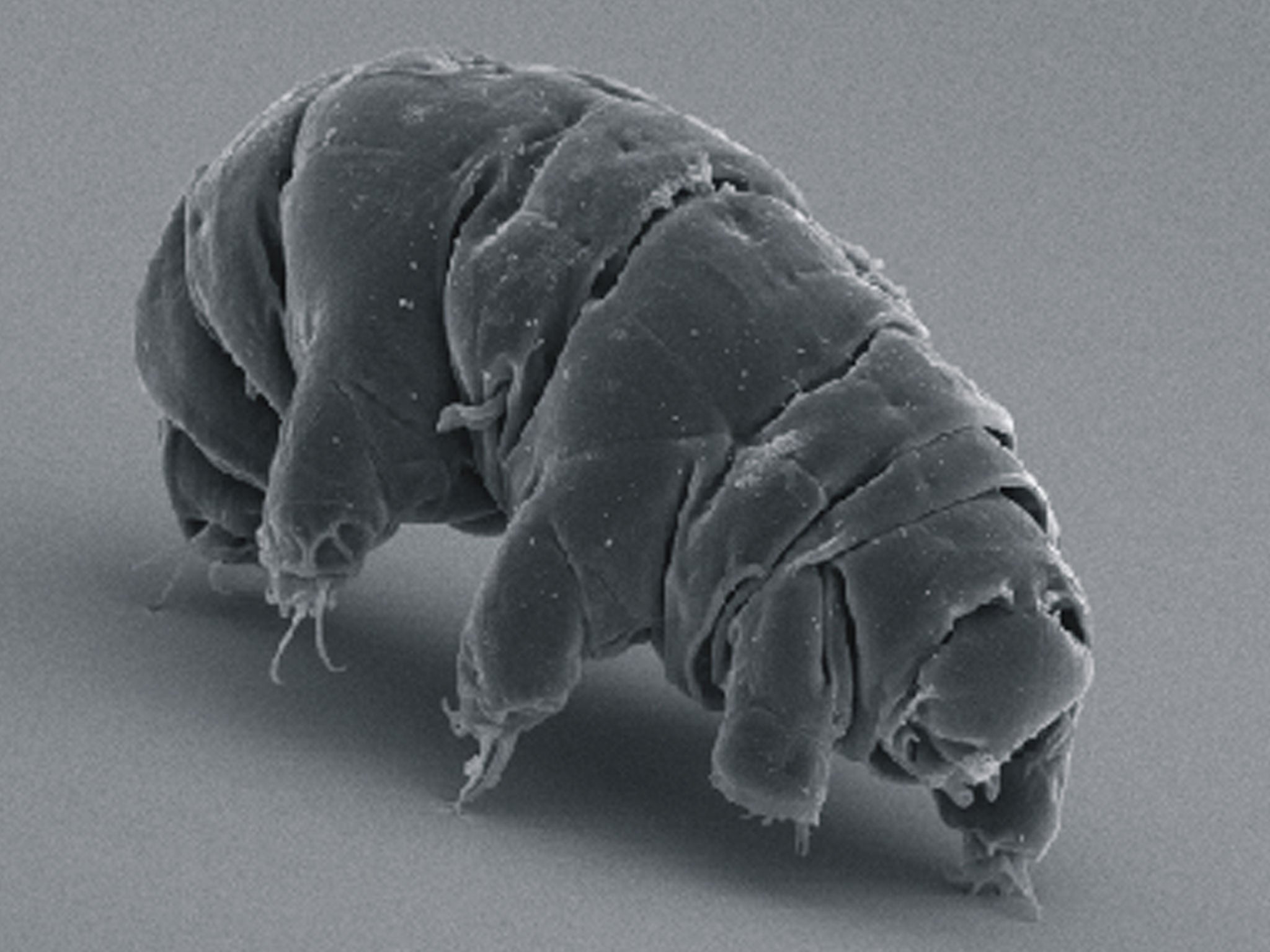Scientists successfully revive animal frozen 30 years ago
The minute animal had been collected from moss in Antarctica in 1983, before being unfrozen in 2014

Scientists have succeeded in bringing a frozen animal back to life after 30 years, it has been reported.
Japan’s National Institute of Polar Research says that their scientists have succeeded in reviving the ‘tardigrade’ animal which they had collected in Antarctica.
The creatures, which are known as 'water bears' or 'moss piglets' are miniscule, water dwelling “extremophiles” measuring less than 1mm in length and dwelling in extreme and hostile conditions.
They are capable of slowing down or shutting down their metabolic activities for considerable periods of time.
According to the research, which was published in Cryobiology magazine, the tardigrades were found among moss plants in the Antarctica in 1983. They were removed and stored at minus 20 degrees Celsius. They were successfully unfrozen in May 2014.
An egg and a living animal were revived. The latter began moving and consuming food after a fortnight. The egg laid a total of 19 eggs, of which 14 successfully hatched. No defects or anomalies were reported amongst the hatched newborns.
Previously, tardigrades had been successfully revived after nine years, but this is thought to be the first ever instance of successful revival after 30 years.
Writing in the research publication, the authors noted: “The present study extends the known length of long-term survival in tardigrade species considerably… Further more detailed studies using quantitative analysis with greater replication under a range of controlled conditions will improve understanding of mechanisms and conditions underlying the long-term preservation and survival of animals.”
Join our commenting forum
Join thought-provoking conversations, follow other Independent readers and see their replies
Comments
Bookmark popover
Removed from bookmarks